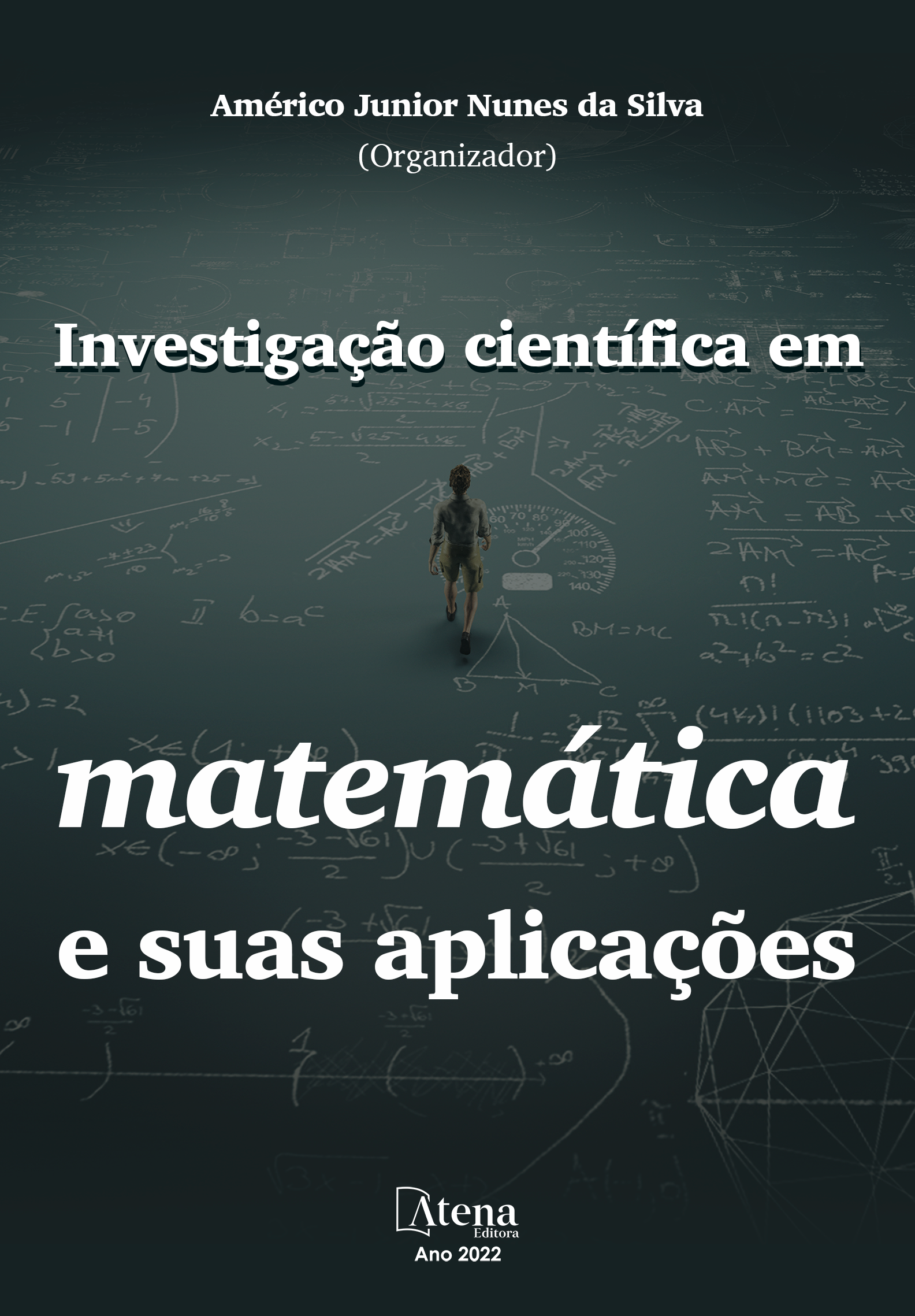
Ludicidade no ensino aprendizagem: uma aliada da intervenção pedagógica na matemática
Os índices referentes a Educação relacionados a aprendizagem no estado de Mato Grosso mostram que é necessário criar estratégias para desenvolver as habilidades e as competências dos alunos. Nesse processo, os professores não são desafiados sozinhos e a escola deve buscar construir significado na formação de seus educadores e questionar o aprendizado e prática educacional realizada diariamente na unidade escolar. O lúdico pode ser um excelente instrumento metodológico que serve como estratégias de mudanças práticas durante as aulas de matemática. O objetivo deste estudo é de discorrer acerca de como a ludicidade (atividades de jogos) interferem com a aprendizagem dos alunos e apresentar uma pesquisa in loco realizada com sete professores do curso de Licenciatura em Matemática atuantes no Estado de Mato Grosso para compreender de que forma o lúdico está sendo associado ao processo de ensino-aprendizagem durante as aulas de matemática. Os resultados mostram que a ludicidade permanece indiferenciada. O lúdico está ligado a brincadeiras, a não formalização, que se utiliza como motivação, para introduzir o conteúdo, ou no final de uma aula para fechamento. E, atividades desse tipo quando são trabalhadas em sala de aula geram dependência do professor, pois os alunos se ocupam em solicitar o professor o tempo todo para questionar sobre o que fazer. Portanto, este estudo mostrou que a concepção de ludicidade dos professores precisa ser redimensionada a fim de que consigam explorar mais a capacidade de seus alunos para criar, propondo atividades, jogos que instiguem o seu intelecto, atividades que sejam prazerosas.
Ludicidade no ensino aprendizagem: uma aliada da intervenção pedagógica na matemática
-
DOI: 10.22533/at.ed.16222120512
-
Palavras-chave: Educação; Ciclo; Aprendizagem.
-
Keywords: Education; Cycle; Learning.
-
Abstract:
The indices for Education related to learning in the state of Mato Grosso show that it is necessary to create strategies to develop students' skills and competences. In this process, teachers are not challenged alone and the school must seek to build meaning in the training of its educators and question the learning and educational practice carried out daily in the school unit. Play can be an excellent methodological tool that serves as strategies for practical change during math classes. The aim of this study is to discuss how playfulness (game activities) interfere with student learning and present an in loco research carried out with seven teachers of the Licentiate Degree in Mathematics working in the State of Mato Grosso to understand how play is being associated with the teaching-learning process during math classes. The results show that playfulness remains undifferentiated. The ludic is linked to games, non-formalization, which is used as a motivation, to introduce the content, or at the end of a class for closing. And, activities of this type when they are worked on in the classroom generate dependence on the teacher, as students are busy asking the teacher all the time to ask about what to do. Therefore, this study showed that the teachers' conception of playfulness needs to be resized so that they can explore more the capacity of their students to create, proposing activities, games that instigate their intellect, activities that are pleasurable.
-
Número de páginas: 21
- MARCIA CRISTIANNE RAMOS DE ARAUJO


